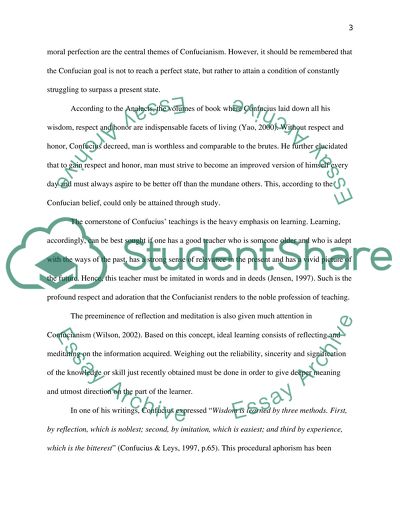Cite this document
(“Todays Confucius: Impact to Knowledge and Education Essay”, n.d.)
Retrieved from https://studentshare.org/environmental-studies/1413159-todays-confucius-impact-to-knowledge-and-education
Retrieved from https://studentshare.org/environmental-studies/1413159-todays-confucius-impact-to-knowledge-and-education
(Todays Confucius: Impact to Knowledge and Education Essay)
https://studentshare.org/environmental-studies/1413159-todays-confucius-impact-to-knowledge-and-education.
https://studentshare.org/environmental-studies/1413159-todays-confucius-impact-to-knowledge-and-education.
“Todays Confucius: Impact to Knowledge and Education Essay”, n.d. https://studentshare.org/environmental-studies/1413159-todays-confucius-impact-to-knowledge-and-education.


